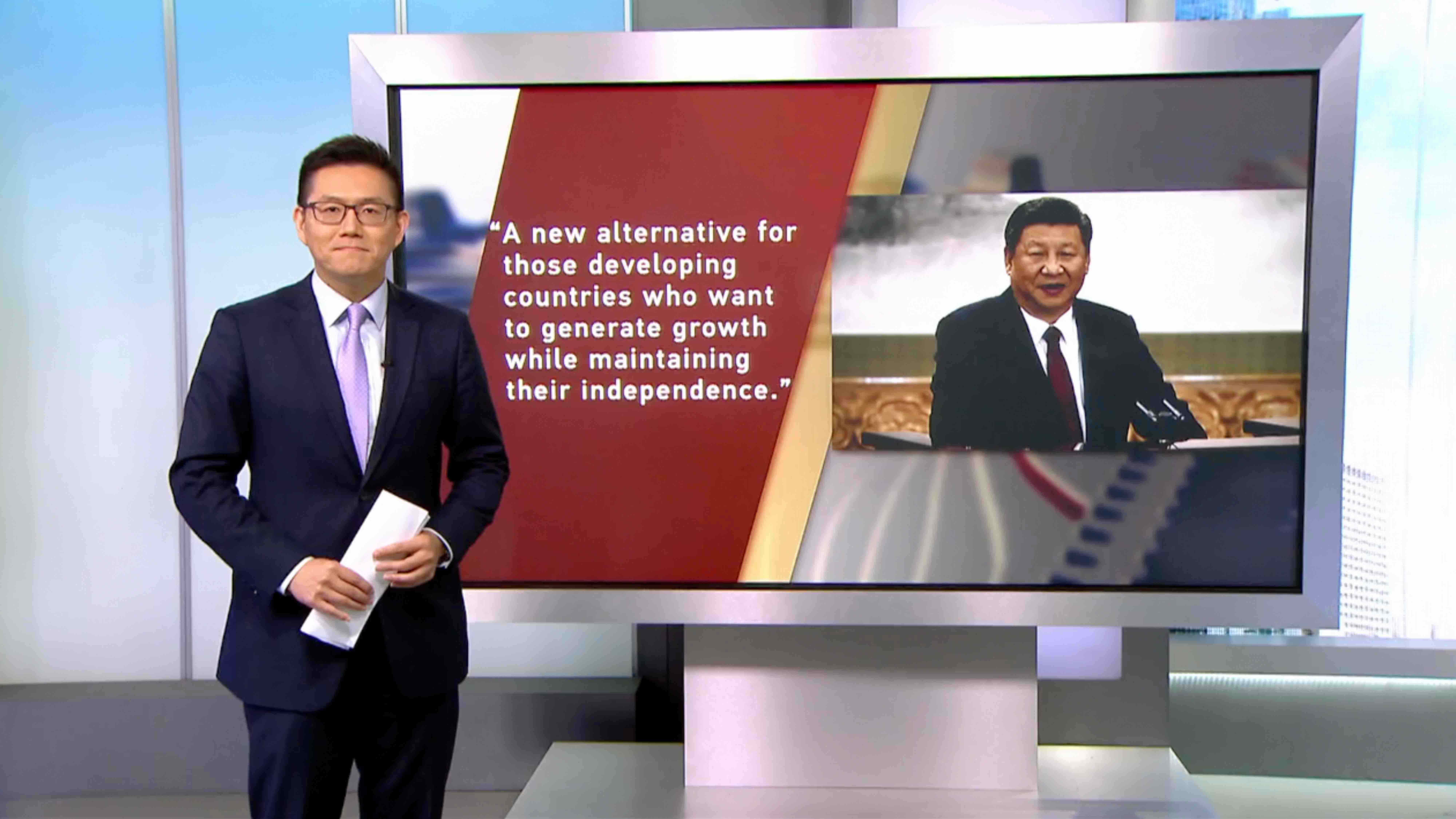
Opinions
15:41, 27-Oct-2017
Four key takeaways from the 19th CPC Congress
CGTN America's Wang Guan

As one of the biggest political events in China, the 19th National Congress of the Communist Party of China (CPC) was closely followed by observers at home and abroad.
Here are four major takeaways from the high-profile event:
First, the political philosophy of the General Secretary of the CPC Central Committee Xi Jinping was enshrined in the Party constitution. "Xi Jinping Thought On Socialism With Chinese Characteristics For A New Era" is a set of organizing principles that will guide China’s policies for the future.
The Chinese system is all about setting goals and getting things done, so these grand strategies are extremely important. Deng Xiaoping Theory – "Reform and Opening-Up" – kick-started China’s market reforms and resulted in decades of double-digit growth. Now the Party’s hope is that Xi's Thought could do just that.
Deepening economic reforms, building rule of law institutions, furthering opening up to the world, and embracing globalization are all part of Xi's political theory.
The 19th Party Congress also charted a new timetable for China’s rise. In the 1980s, the Party set a goal to transform China from a poor, backward country into a prosperous, modern nation by 2050.
The new plan aims to achieve this by 2035. By then, most estimates forecast China’s economy will have surpassed the US economy in size.
Yet that’s not the end of the story. Xi has moved the next milestone up a little bit.
He said China will then work even harder to become a full-fledged developed country by 2049 — the 100th anniversary of the founding of the People’s Republic of China.
Xi made it clear that in this future China, pollution will be a thing of the past. Of course, that’s easier said than done. Xi said China will increase investment in green economy, and step up environmental safeguards.
But It is not all about painting a rosy future. The Party also identified its biggest challenge: "the contradiction between unbalanced and inadequate development and the people’s ever-growing needs for a better life."
That statement encompasses many things. For example, one can see the growing gap between the rich and the poor, uneven development across regions and across sectors.
To address that, Xi said China will adopt a "targeted poverty alleviation strategy" to eradicate poverty by 2020, deepen supply-side economic reforms, and cultivate an innovation-based economy, which frankly speaking is already taking place — if you ask those who have lived long enough in China.
Finally, on China’s global role, Xi said China is "taking the center stage of the world."
That was interpreted by many as an end to Deng Xiaoping’s "hiding one’s strength and biding its time" strategy.
Xi also alluded to the concept of a China model. He spoke of confidence in its paths and its political system. And he went one step further by saying that the Chinese system offers a new alternative for those developing countries that want to generate growth while maintaining their independence.
Beijing did not say this is a universal model. What it said is the China model has proven a legitimate alternative to Western liberal democracy, and a model that has largely worked — at least for China.
(The author is CGTN America's chief correspondent. The article reflects his opinion, and not necessarily the views of CGTN.)

SITEMAP
Copyright © 2018 CGTN. Beijing ICP prepared NO.16065310-3
Copyright © 2018 CGTN. Beijing ICP prepared NO.16065310-3